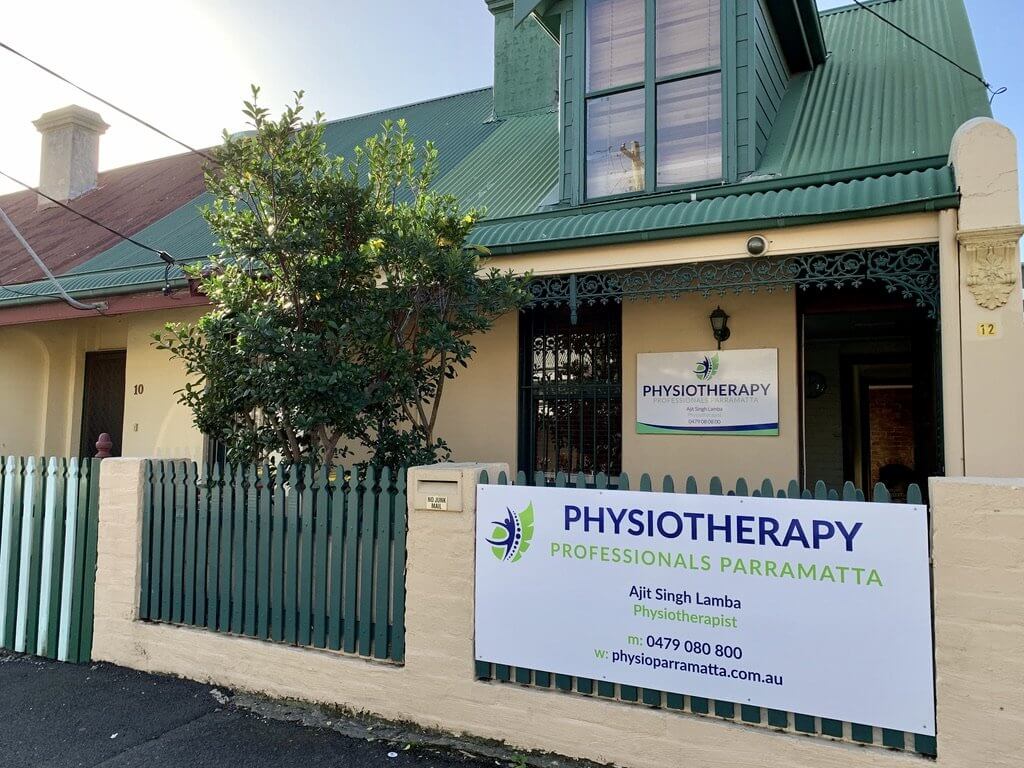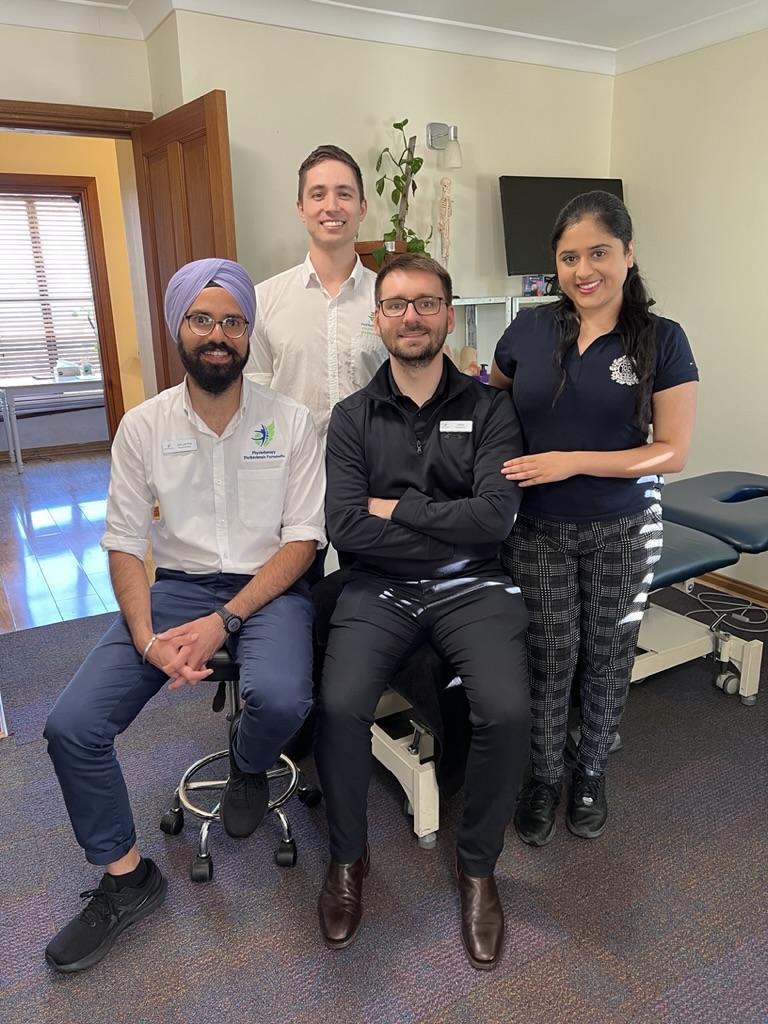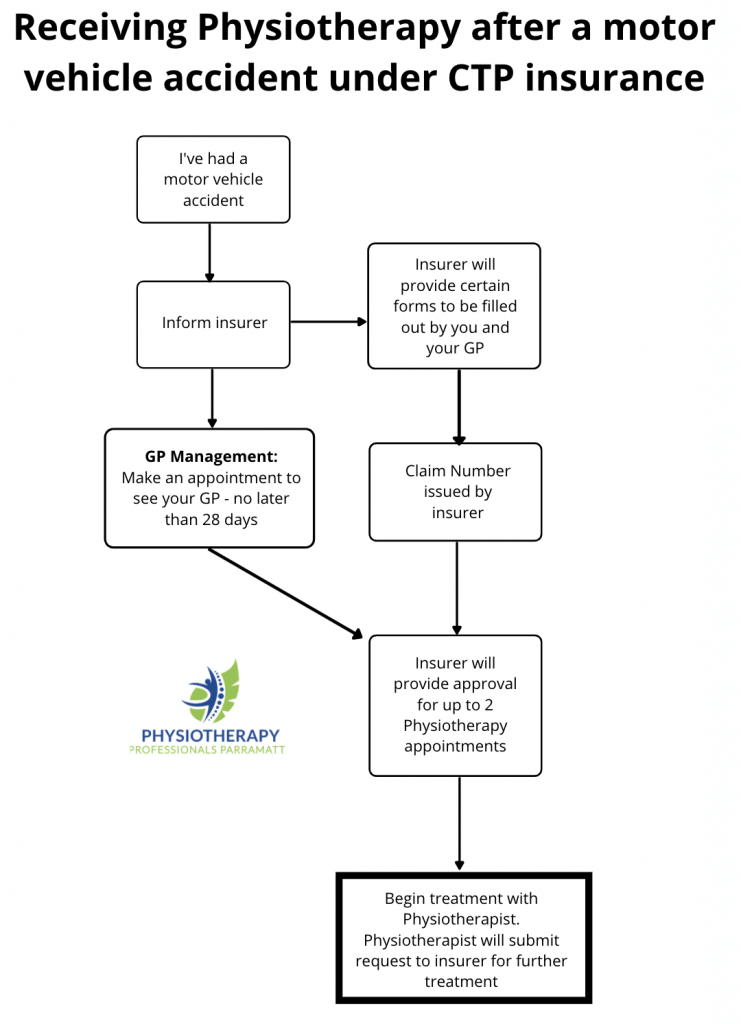Shoulder Pain after a Car Accident

Shoulder Pain after a Car Accident
Experiencing shoulder pain after a car accident is not uncommon, as the impact and forces involved in a collision can cause various injuries to the shoulder complex. The shoulder joint is highly mobile but relatively unstable, making it susceptible to injuries such as strains, sprains, dislocations, fractures, and rotator cuff tears. If you are experiencing shoulder pain after a car accident, it is important to seek medical attention and consult with your GP and Physiotherapist. Your Physiotherapist can provide a thorough evaluation and develop an appropriate treatment plan. Here are some potential causes of shoulder pain after a car accident and the possible treatments that a healthcare professional may recommend:
- Soft Tissue Injuries: The soft tissues surrounding the shoulder joint, including muscles, tendons, and ligaments, can be affected by a car accident. Strains or sprains can occur due to sudden jerking or impact. Physiotherapy treatment for soft tissue injuries may include pain management techniques, such as ice or heat therapy, gentle range-of-motion exercises, strengthening exercises, and manual therapy techniques like soft tissue massage or joint mobilization. The aim is to reduce pain, improve mobility, and restore normal shoulder function.
- Rotator Cuff Injuries: The rotator cuff is a group of muscles and tendons that help stabilize and move the shoulder joint. It can be damaged in a car accident due to the sudden impact or excessive force on the shoulder. Treatment for rotator cuff injuries may involve a combination of conservative measures, such as rest, ice, and pain management techniques, as well as specific exercises to strengthen the rotator cuff muscles and restore shoulder function. In some cases, surgical intervention may be necessary, followed by post-operative rehabilitation with the guidance of a physiotherapist.
- Shoulder Dislocation: A car accident can cause the shoulder to dislocate, which means the upper arm bone (humerus) pops out of its socket. Treatment for shoulder dislocation may involve reducing the dislocation, immobilizing the shoulder joint with a sling or brace, pain management techniques, and a progressive rehabilitation program that includes strengthening exercises and shoulder stability training.
- Fractures: The shoulder can sustain fractures in car accidents, such as a clavicle (collarbone) fracture or a proximal humerus fracture. Treatment depends on the type and severity of the fracture and may involve immobilization with a sling, cast, or surgical fixation. Physiotherapy will play a role in the rehabilitation process, including exercises to restore range of motion, strengthen surrounding muscles, and facilitate healing.
- Rehabilitation and Preventive Measures: Regardless of the specific injury, rehabilitation is a crucial aspect of shoulder pain management after a car accident. Physiotherapists can design a comprehensive rehabilitation program tailored to the individual’s needs and goals. This may include a combination of stretching and strengthening exercises, range-of-motion exercises, manual therapy techniques, and functional activities to restore normal shoulder function and prevent future issues.
It is important to work closely with a Physiotherapist to accurately diagnose the underlying cause of shoulder pain after a car accident and develop an individualized treatment plan. Early intervention, appropriate management, and adherence to the recommended rehabilitation program can help alleviate pain, restore shoulder function, and improve overall quality of life.
How to Lodge your CTP Claim:
- All reasonable medical care is covered under your CTP Claim
- Visit your doctor as soon as possible
- Contact your CTP insurance provider within 28 days
- Fill our paper work
- Your doctor will also need to fill out a form
- Receive claim number from your CTP insurance provider
- With your claim number, your first Physiotherapy session is automatically approved
- After your first session, your Physiotherapist will provide a report to your CTP insurer and organise further approval for treatment
- Don’t stress – talk to your experienced Physiotherapist
Do I have to pay for treatment?
- No you don’t
- Once your CTP claim is approved, we can directly bill the insurance company and there will no out of pocket expense for you
What you need to provide us with:
- Claim number from your insurance company required
- Approval letter or email for Physiotherapy from the insurance company
- Contact Physiotherapy Professionals Parramatta. We will assist you with pain management and get you back on track as soon as possible.
Contact Us:
Do you need assistance with your Physiotherapy treatment? Experienced team of Physiotherapists with essential knowledge. You can call us anytime to have a confidential discussion with our expert Physiotherapists. For more information on how we can further assist you, please call our clinic number on 0479 080 800 or send us an email on [email protected] for further details. Our Physiotherapists are Medicare, NDIS, and Work Cover approved, specialising in injury management and rehabilitation to get you back on track.

Physiotherapy After A Car Accident

